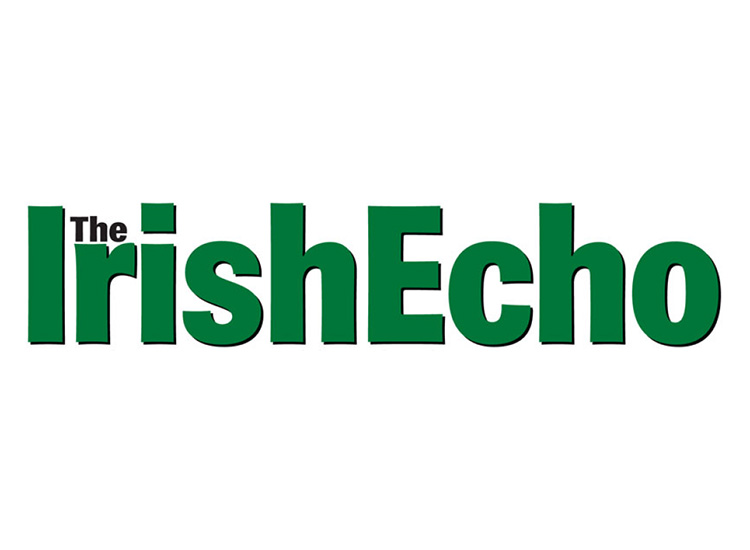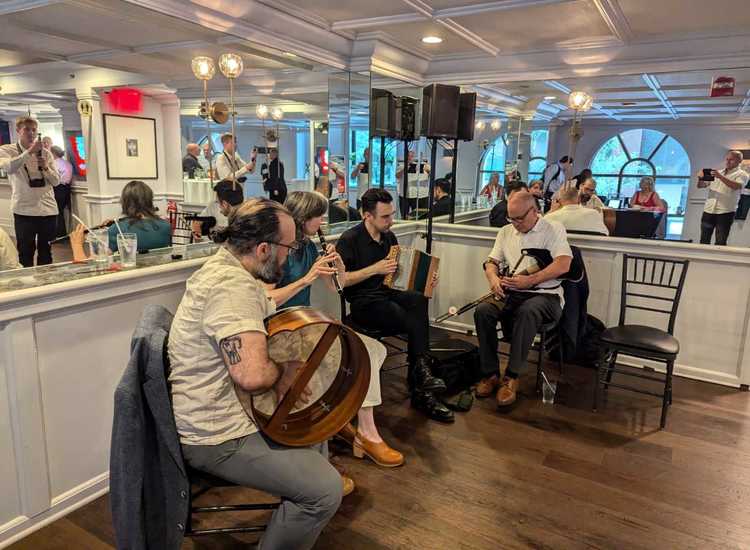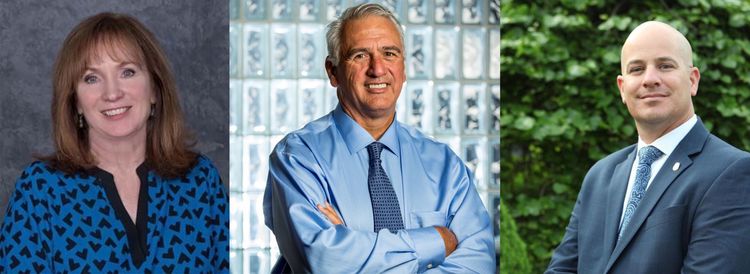Immigration reform has been on the minds of Irish America for many years and the result has been mostly a sense of frustration that becomes especially acute around this time of year when the plight of the undocumented comes into particular focus.
Since 1965, the Irish have been largely locked out of America, this despite all the work of succeeding generations of Irish immigrants to create America.
The Irish, of course, are not alone in the building stakes. Many nationalities will point to their own very particular roles in the emergence of the modern United States. The extent to which these roles enter common belief varies depending on the eventual size of the community.
Irish America is one of the bigger communities, so the Irish narrative still tends to attract attention in Washington.
But other groups have risen up the league table in most recent years so when the House of Representatives recently moved to increase the number of annual green cards for would-be immigrants from India, China, Mexico and the Philippines, the collective Irish brow went into an especially deep furrow because this rise for some would mean a fall for others.
And when it comes to green cards, the Irish, of late, have little room left for falling.
Enter - and with his usual sense of perfect political timing - New York's Senator Charles Schumer, a politician whose name has for years been linked to the annual diversity
visa lottery.
Schumer is not Irish American. But he likes to point to all the Irish in his political and extended family circle, and he has long been in the Irish corner on the immigration issue.
Following the easy passage of the green card bill in the House of Representatives that somehow forgot the Irish in the season of giving, members of various Irish American and immigrant lobby groups met with Schumer to voice their concerns.
The man obviously listened because hardly had the door closed on the meeting than he came up with a Senate companion bill to the House measure, one that would allow for 10,000 E-3 visas for the Irish on an annual basis.
It was nothing less than a very pleasant Christmas surprise.
The E-3 is not a green card. It is a two-year renewable visa with generous add-ons including a provision that allows family members to come to the U.S. with the primary visa holder.
A job offer has to be obtained first, so the E-3 is not an open ended giveaway. But it's for sure better than a closed door and no visa at all. And it does allow for the possibility of a green card down the road, assuming certain conditions are met.
Several nations have E-3 deals with the U.S., most notably Australia, which secured the deal not for its role in building America but in helping the U.S. in Iraq.
When it came to his E-3 bill for the Irish, Schumer, being a very senior Democrat, had no problem signing up some big name co-sponsors on his side of the aisle. Senator Patrick Leahy from Vermont and Senator Dick Durbin from Illinois were the biggest two.
The immediate assessment was that Schumer would have pretty well all the Democrats in his corner, thus leaving the E-3 about ten votes shy of an unassailable 60 votes super majority in the Senate.
That would mean the support of at least ten Republicans. It was felt that this was doable.
Then came the second Christmas surprise.
Senator Scott Brown of Massachusetts, a Republican who sits in Ted Kennedy's old seat, came up with an E-3 bill of his own, though one that was different in one critical respect from Schumer's.
The New Yorker's bill had a provision that was critical for the Irish in one key respect. It would allow the undocumented a waiver and permit them, again assuming certain conditions, to apply for an E-3. The waiver, however, was not in the Brown bill and this has caused more than a little angst in the Irish camp. Senator Brown is citing national security as a basis for leaving out the waiver. To argue that the undocumented Irish pose a threat to national security is a stretch to say the least.
Two apparently opposing bills does not mean an end to the E-3 initiative, but the way things are right now in Washington you are in way better shape with one bi-partisan bill addressing your issue of concern than with two apparently partisan ones.
The New Year, we hope, will bring us a little bipartisan common sense on an issue, expanded legal Irish access to America, that is now far too long in the tooth.









